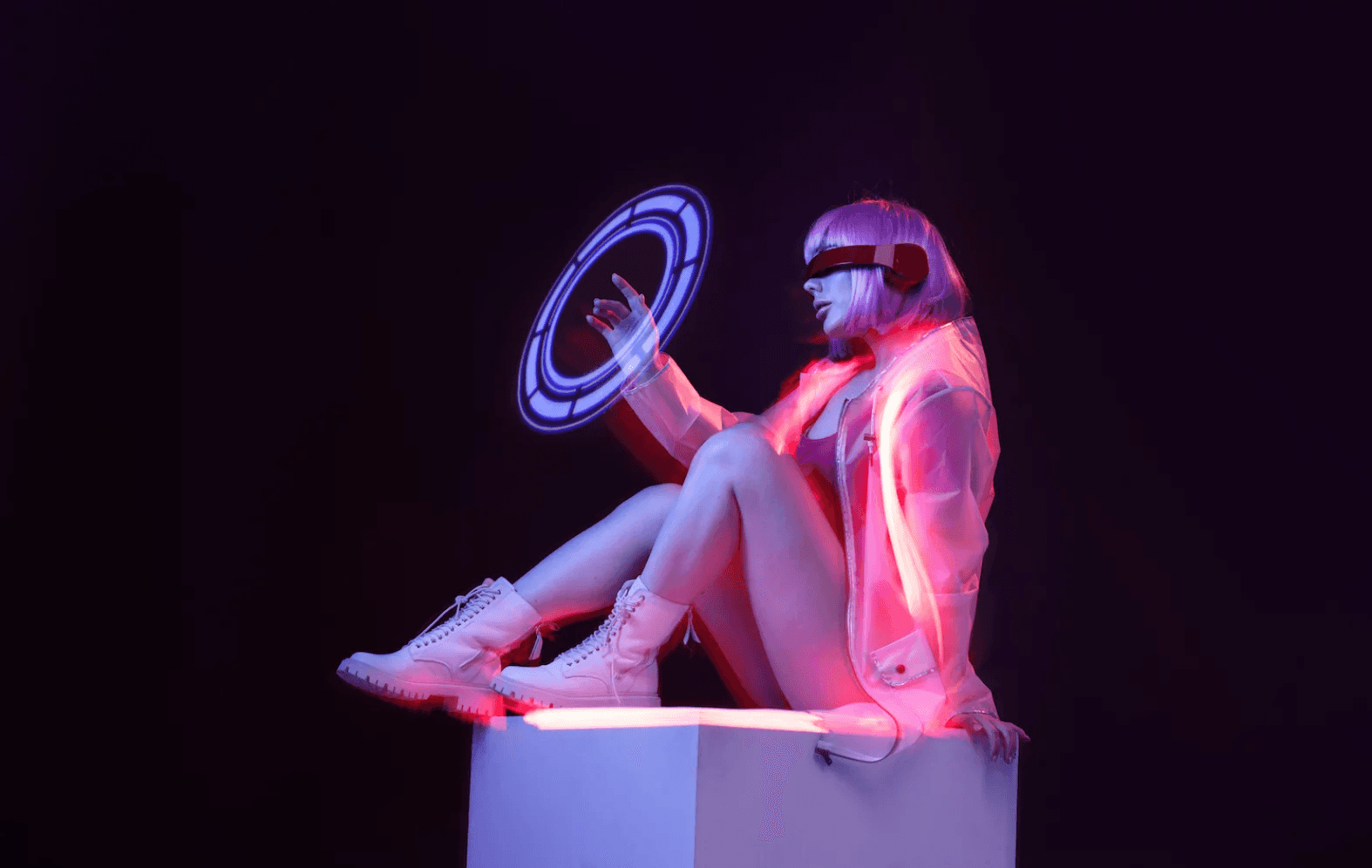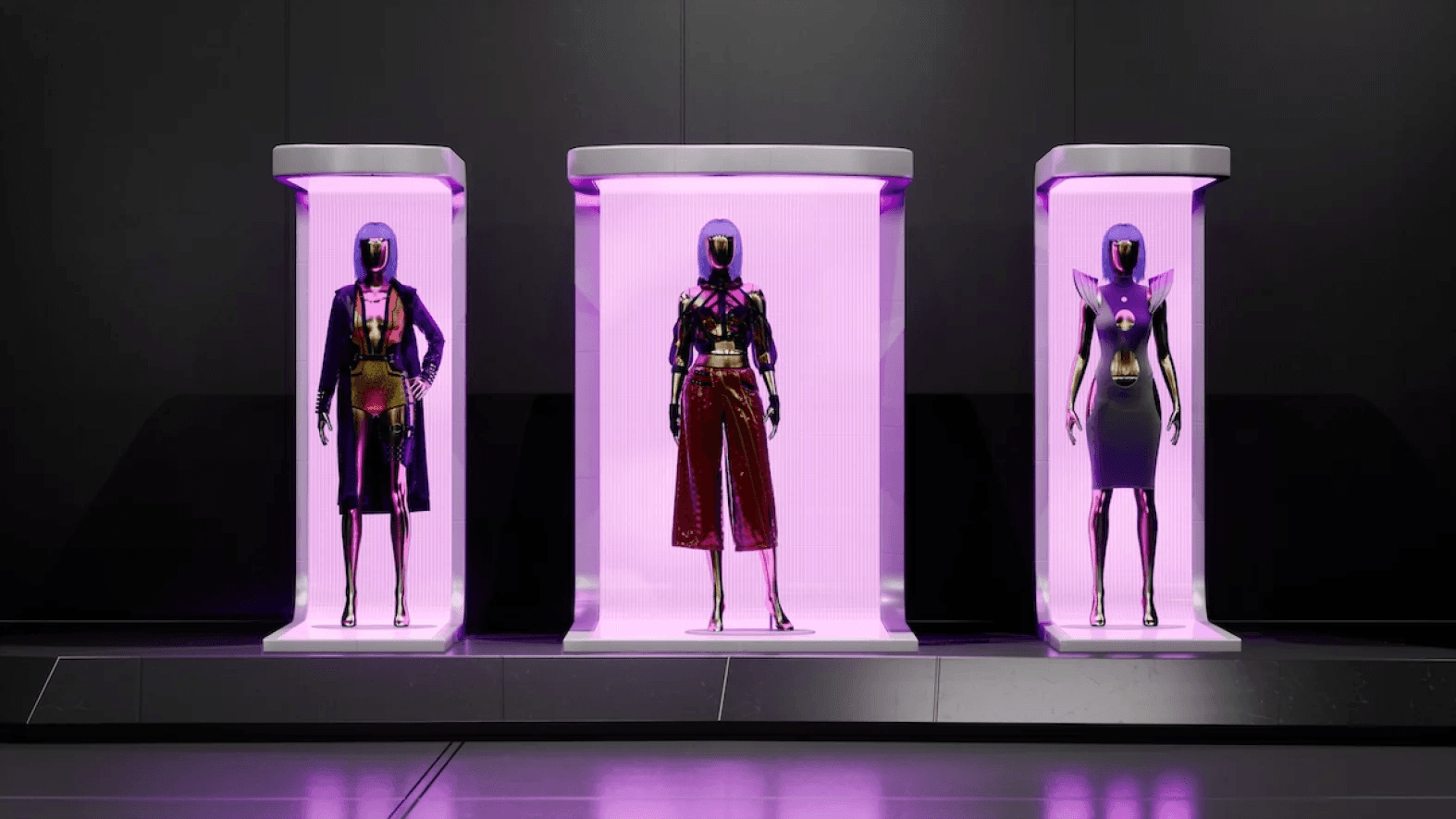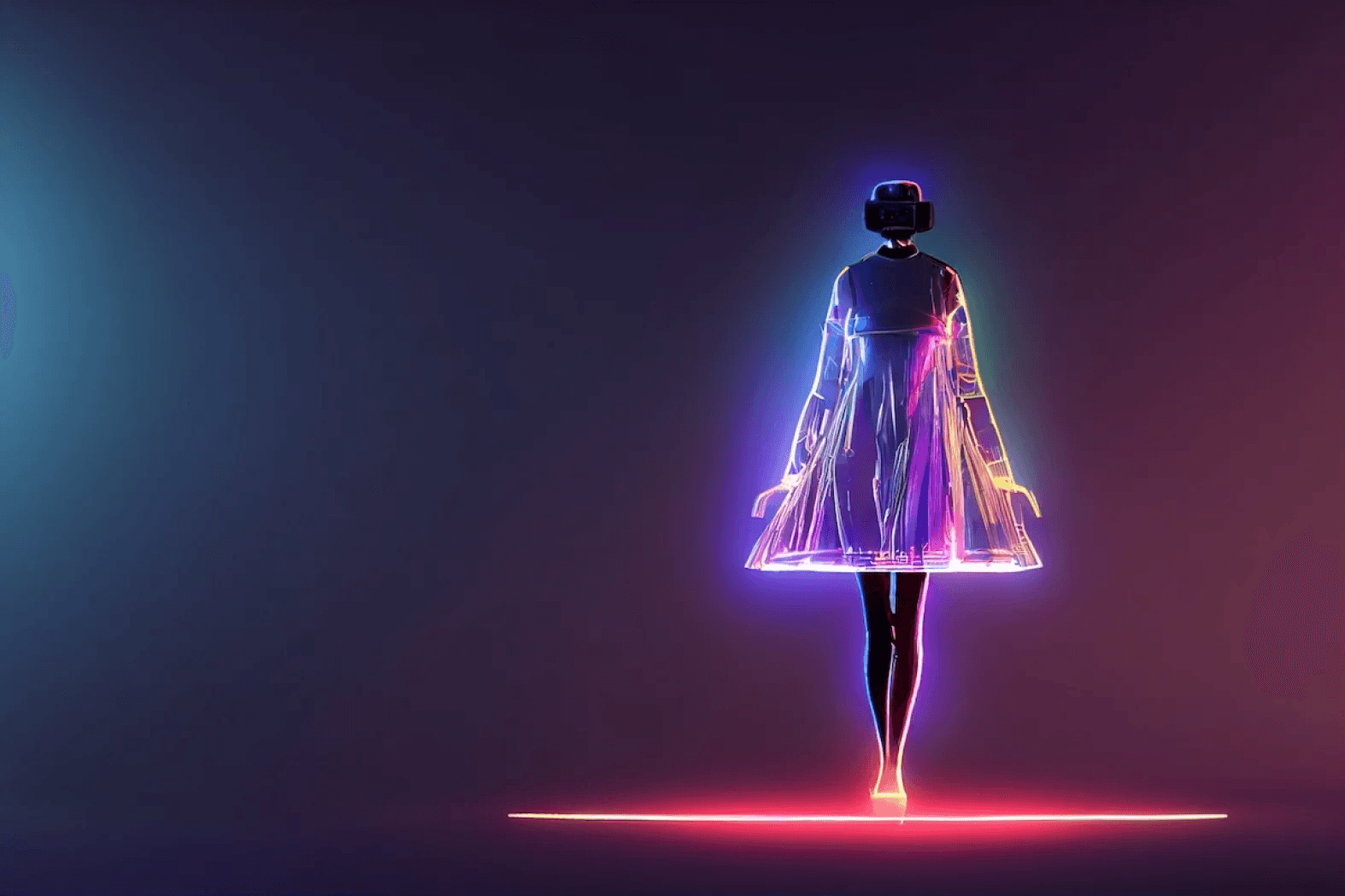Back to Blog
Beauty brands in the metaverse: Virtual reality & the future of beauty
May 3, 2023
Martin Petkov
The metaverse is a virtual world created as an alternative to the real world that can be accessed online. In this world, people represent themselves as virtual avatars designed by themselves. As avatars, users can interact, participate and play as they choose in the metaverse’s environment.
When it comes to presenting themselves through their avatars in the best possible way, that’s when users turn to beauty brands for help. These beauty brands are generally physical world brands starting their virtual product line in addition to existing real-world products or new beauty brands that are exclusively virtual.
Our blog will explore the evolution of beauty brands in the metaverse, how they enrich the customer experience, and what the best examples are.
How are beauty brands using the metaverse?
Beauty brands are making the most of the metaverse, from virtual stores to virtual products. Every brand competes with its creativity and tech to innovate and enhance customer interactions. Let’s discuss a few ways beauty brands are using the metaverse:
Virtual stores: Several beauty brands have developed virtual stores, replicas of their physical store. They are loaded with interactive display units that give users a seamless virtual try-on experience. Customers can browse and see how a product will look on them and make purchases using virtual currencies like Ethereum, Bitcoin, and others.
Virtual events: Brands can host virtual events like FAQ sessions with skincare experts, new product launches, beauty tutorials, and more in the metaverse. A significant benefit of these events is that they help users worldwide participate and connect with the brand.
Virtual try-on: The best feature of the metaverse is that it allows every user to design their avatar, which means you decide how you want to look. Customers can change their avatars by buying and trying products from the store in real-time. For example, a makeup brand can use face recognition to scan your face and suggest make-up accordingly or even copy the same to your avatar and charge you for it virtually.
Brand awareness: Beauty brands use the metaverse to tap into a digitally savvy audience, particularly female gamers. 80% of female internet users between the ages 16 to 44 play video games, as per a report by We Are Social. Creating metaverse experiences that align with this group's interests can be monumental in building brand awareness and memorable brand associations.
Virtual influencers: The metaverse comprises real-life and virtual influencers. These digitally-generated characters may or may not look like humans and are used by brands to showcase new products and services.

Why is the metaverse important to beauty brands?
New audience: Brands have already built connections with audiences through offline marketing. However, the metaverse can help them tap into new young and tech-savvy audiences, particularly Millennials and Gen Z, who are comfortable with immersive experiences.
Customer experience: Beauty brands can enhance customer experiences through gaming and mixed reality. These experiences can range from offering digital beauty assets to personalized recommendations.
Competitive advantage: As more and more brands enter the metaverse because of its growing popularity, it will become increasingly crucial for beauty companies to differentiate themselves. The more they leverage artificial intelligence (AI) and creativity, the more likely they are to develop an immersive customer experience in the metaverse.
Sustainability: Beauty brands can reduce waste and carbon footprint by reducing their physical stores and staff, replacing them with virtual ones. With the sophistication of technology, customers can use virtual reality to try new products without needing a physical space.
Innovative marketing: The interest of beauty brands is not just to replicate products in the metaverse but also to create an innovative experience that captures user attention. The metaverse allows limitless brand creativity, transcending real-world possibilities to create surreal and expressive beauty looks.

Which skincare brands are in the metaverse?
L'Oreal: L'Oreal has entered the metaverse to provide immersive experiences with its virtual stores. L'Oreal has also launched a virtual makeup experience based on augmented reality (AR) called “Modiface” for customers to try on different makeup looks.
SK-II: Procter & Gamble-owned SK-II uses virtual reality and the metaverse to create an experience of self-discovery and skincare education. The brand launched a mini virtual world, SK-II CITY, where users could watch a series of animated films that inspired them to ‘Change Destiny.’ SK-II has also launched a store in “Zepeto” where users can purchase products using virtual currency.
Natura: Natura, a leading South American cosmetic company, collaborated with Humor, a perfume brand, to host a music festival that promoted freedom of expression. Natura also has a concept store in the metaverse that allows customers to make purchases and get items delivered physically to their homes, creating a seamless multichannel experience.
Estée Lauder: Estée Lauder, taking care of hygiene and comfort, launched an entirely virtual try-on store, allowing customers to test out different products conveniently. More recently, Estée Lauder also collaborated with Decentraland as the exclusive beauty partner of Metaverse Fashion Week. In March 2022, Estée Lauder even collaborated with Dr. Box and created a non-fungible token wearable inspired by the brand's #1 serum collection.
Kiehl's: Kiehl’s has also entered the metaverse to provide a personalized shopping experience for its customers with interactive display units. L'Oreal’s subsidiary, Kiehl's, is also active in the non-fungible token (NFT) space with items like virtual perfumery, virtual hair care preparations, and virtual cosmetic body care products for use in the metaverse.

Best beauty brand experiences in the metaverse
Clinique: Clinique’s brand identity has been focused on ‘science’ since its launch in 1968. This year, the brand is launching a digital laboratory Clinique Lab in the metaverse, that aims to provide a gamified, immersive, and multi-sensory experience while educating customers on skincare. It has also developed a virtual diagnostic tool that provides customized skincare recommendations based on skin analysis.
Sephora: Sephora is known for making high-end beauty brands more accessible to users. The brand built a virtual beauty advisor that provides makeup recommendations based on AR in the metaverse. This offers their customers a convenient way to receive expert advice from the comfort of their homes. Sephora’s “Virtual Artist” app even allows users to try on virtual makeup with AI. This app can scan your face to determine how different shades will appear on your skin.
Gucci: Gucci created digital sneakers called ‘The Gucci Virtual 25’, joining a growing number of fashion and beauty brands in the metaverse. The brand partnered with Wanna, an AR technology company, to launch its seamless sneaker try-on experience in the metaverse. These sneakers were limited to virtual assets only, which could be purchased using virtual currency.
MAC: MAC is already known for its innovative and creative makeup products through its solid digital eCommerce presence. MAC Cosmetics’s metaverse journey is full of limited-release tangible real-life makeup that can be bought virtually using virtual currencies. The brand also created a non-fungible token asset collection as a part of the give-back campaign in collaboration with artist and activist Keith Haring.
Chanel: A French luxury fashion house founded in 1910, specializes in designer clothing. The beauty brand has entered the metaverse with a virtual experience that allows users to explore the journey of its iconic products like “the black dress.” This experience provides deeper insights into Chanel’s heritage and history, creating an emotional bond with the customers.
Conclusion
Beauty brands are racing to mark their footprint in the metaverse. They are establishing themselves in this new world, offering a perfect example of how tech and innovation can transform a traditional industry, building immersive experiences and disrupting the status quo. In addition, several brands are launching virtual stores, events, and try-ons in the metaverse to connect with consumers.
As the metaverse offers virtual reality (VR) and augmented reality (AR), beauty brands can use it to enhance customer experience, increase brand awareness and engage new target audiences in unique ways. Beauty brands that can also successfully leverage these technologies to offer users more personalized, engaging, and sustainable experiences will be the ones that stand out from the crowd.
Are you looking to build an immersive and innovative beauty brand in the metaverse? We can help you build, scale, and monetize your idea in the metaverse. Get in touch with us!
May 3, 2023
Martin Petkov
Subscribe to our monthly newsletter
About Landvault
Landvault is building infrastructure to accelerate the metaverse economy, by building tools to create, deploy and monetize content. The company has helped over 200 clients enter the metaverse, including both Fortune 500 companies and government organizations like the Abu Dhabi government, Mastercard, L’Oreal, Red Bull, and Heineken. The company has raised a total of $40m over the past three years and continues to pioneer technological advancements.
